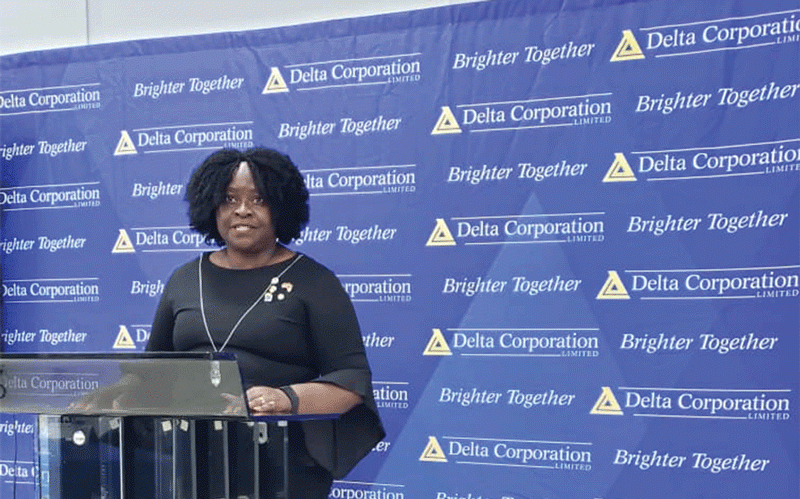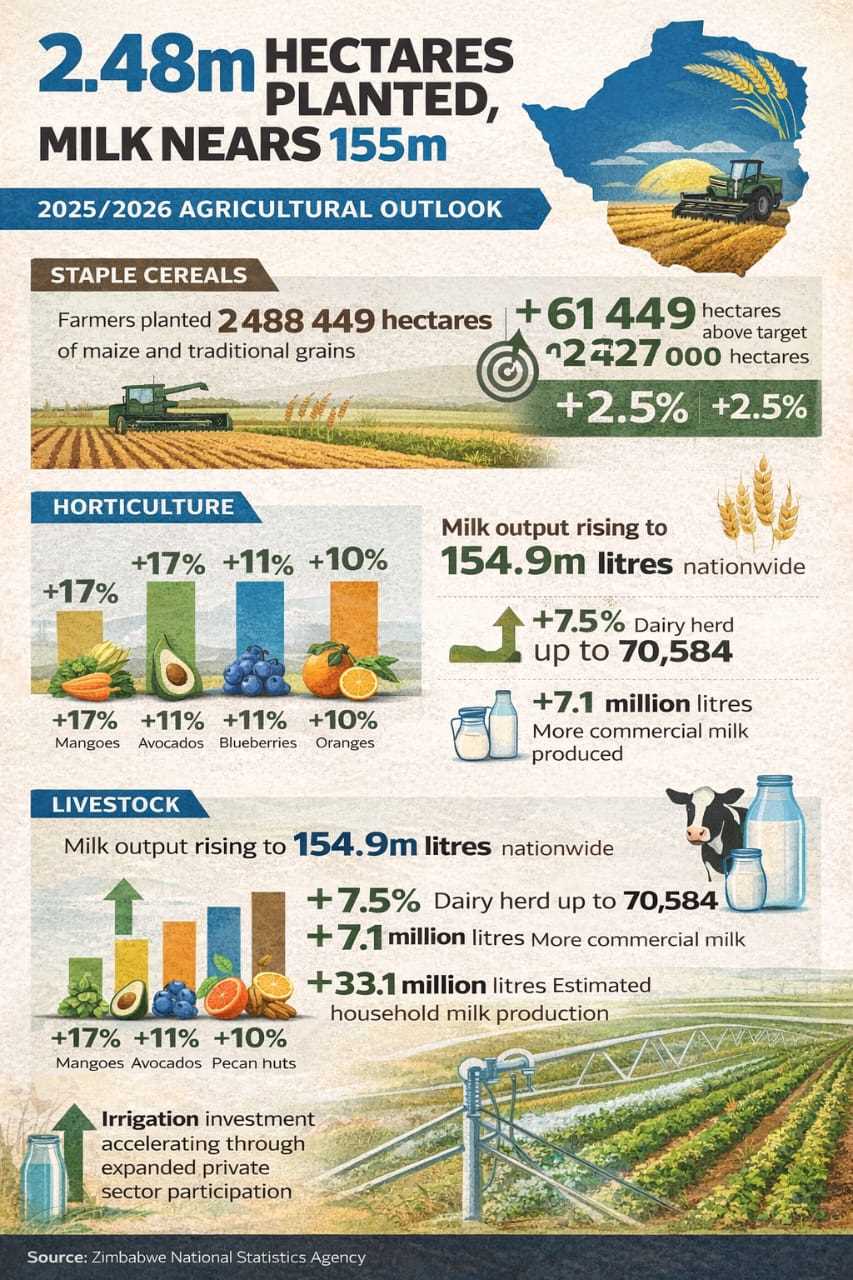
Philemon Jambaya
Zim Now Editor
Beverage makers in Zimbabwe are grappling with the central bank’s 35% bank policy rate, which they say is straining expansion plans by increasing the cost of borrowing. This has led to deferred capital projects and constrained cash flows, hindering the industry's growth at a time when companies are also facing other financial pressures, such as the sugar tax.
Related Stories
Reserve Bank of Zimbabwe (RBZ) governor, John Mushayavanhu, maintained the 35% rate in his Mid-Term Monetary Policy Statement, arguing that the measure is crucial for supporting price, currency, and exchange rate stability. He stated that the rate has successfully curbed speculative borrowing and redirected credit towards productive sectors of the economy, with a promise to review it based on future changes in inflation and output.
However, industry leaders are calling for a reduction. Calum Philp, chairperson of the Beverages Manufacturers Association, told NewsDay Business that the rate places a significant strain on business operations by reducing the availability of affordable funding for working capital and capital investments. He noted that the high cost of credit adds to the cumulative burden on an industry already operating on tight margins, thereby undermining competitiveness and discouraging new investment. Philp also warned that the current environment discourages formal borrowing and pushes many businesses to seek foreign currency loans. He advocates for a more accommodative interest rate policy that would support productive sectors and stimulate economic recovery.
Echoing this sentiment, Patricia Murambinda, corporate affairs executive at Delta Corporation Limited, confirmed that the 35% rate presents challenges for businesses seeking affordable working capital. She explained that high interest rates reduce access to finance, increase the cost of production, and constrain investment in growth initiatives. Murambinda highlighted the difficulty in accessing the full spectrum of financing required to sustain and grow operations, despite the company's long-standing relationships with local banks. She believes that a more accommodative interest rate environment would be a welcome relief for both industry and consumers.
Despite these challenges, Murambinda expressed optimism about Delta's 2025 outlook, focusing on operational efficiency, product innovation, and market expansion. The company expects a more stable policy environment, improved access to raw materials, and enhanced consumer purchasing power to contribute positively to its performance.




















Leave Comments